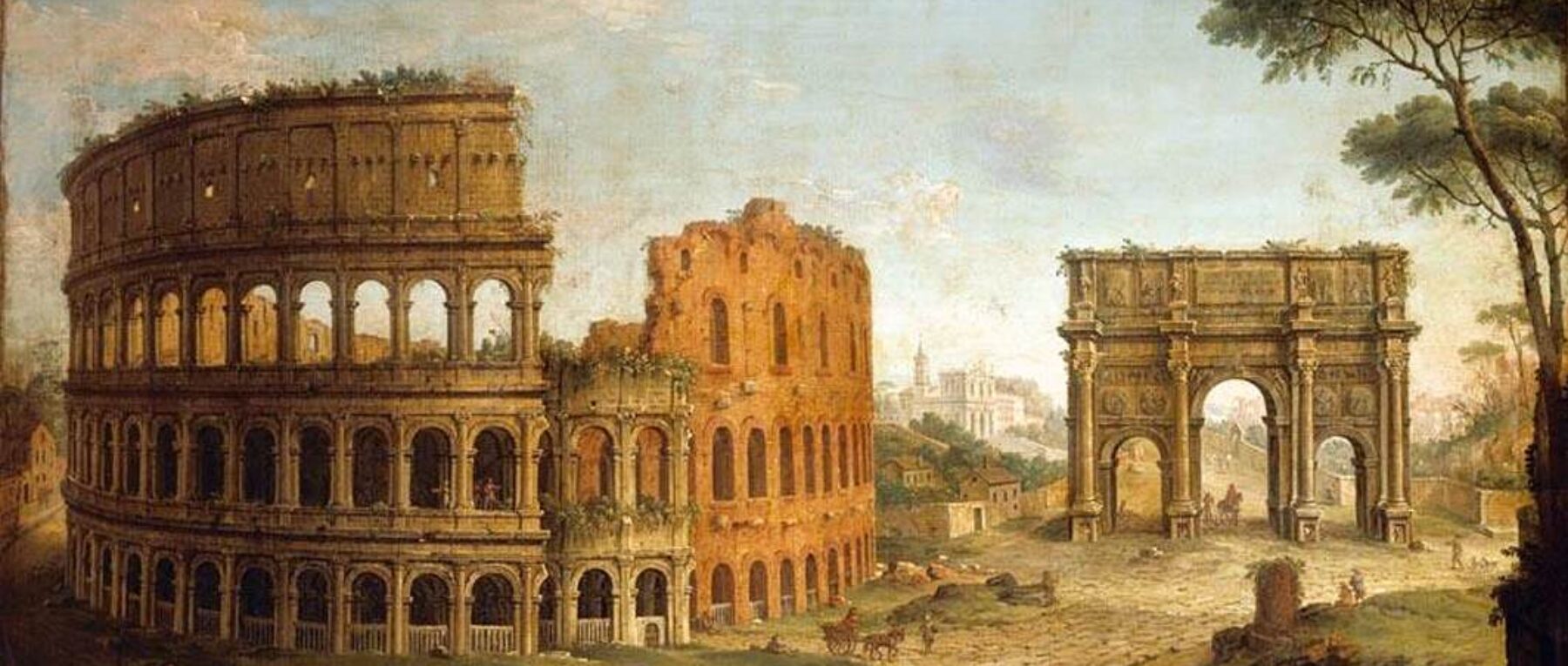What can Marcus Aurelius teach us about finding a retreat in uncertain times?
 |
| Antonine Plague (Source: See below) |
At times of great upheaval and uncertainty, what can fortify our weary minds? Is there a place we might retreat for refuge and calm? If so, where is such a place to be found?
For people who lived in ancient times, the ravages of plague, famine and war were an unwelcome but not infrequent visitor. It might have been a poor harvest one season, a raid by a barbarian tribe or the arrival of a strange disease with the return of a long departed army.
During the reign of Marcus Aurelius (161-180AD), two such unwelcome visitors arrived. The first arrived in the years 167-8 AD – a plague, brought back from Mesopotamia with the returning armies of the then co-Emperor Verus. It swept throughout the empire causing immense loss of life as well as social and economic upheavals. Rome in particular was terribly devastated, with tens of thousands of people succumbing to the pestilence.
Soon after this another visitor arrived: two barbarian tribes – the Marcomanni and the Quadi – crossed the northern Danube frontier and invaded Italy.
 |
| A Roman coin depicting the Emperor Marcus Aurelius. It commemorates his victories during the Marcomannic Wars against the German tribes along the Danube river. (Source Wikipedia) |
Faced with these gathering clouds, where did Marcus retreat to fortify himself?
In Book 4 of his Meditations he gives us a clear indication:
Men seek retreats for themselves – in the country, by the sea, in the hills – and you yourself are particularly prone to this yearning. But all this is quite unphilosophic, when it is open to you, at any time you want, to retreat into yourself. No retreat offers someone more quiet and relaxation than that into his own mind, especially if he can dip into thoughts there which put him at complete ease: and by ease I simply mean a well-ordered life. So constantly give yourself this retreat, and renew yourself. (Meditations, BKIV, p. 23).
This ‘retreat into yourself’ he asks of himself, is really a form of what we would call ‘meditation’. It is what is known in other parts of the Meditations as the ‘Inner Citadel’ – a place within you that is a calm fortress against unruly emotions that toss you about.
It was likely such a place the emperor sought whilst on campaign against the barbarians beyond the northern frontier. It was here in fact he composed Books 2 and 3 of his Meditations, probably while on campaign in the early 170s (Clay, XXI, Intro).
 |
| Marcus Aurelius in his retreat writing down his philosophical reflections to himself. (Source: https://thoughtgallery.org/smart-things-to-do-in-nyc-this-weekend-3/marcus-aurelius-meditations/) |
As it happens, these writings ‘to himself’ were not meant for publication, but for his own spiritual reflection – as exercises to practice as a philosopher.
Part of that life was to practice exercises like those above recorded in the Meditations. It is for this reason they occasionally take on a critical, repetitive tone, since it was to his wayward soul he addressed himself.
Even though these were his own private reflections, and despite the long elapsed centuries since they were recorded, what Marcus Aurelius asked of his own soul, is still relevant to people today.
And what is that?
To find that retreat within you, your own fortress of peace and calm amidst uncertainty and upheaval, and then, to carry that peace and calm forth into the wider world.
Aurelius, M (2006), Meditations. Translated by M. Hammond. Introduction by Diskin Clay. London: UK. Penguin Books
Hadot, Pierre, The Inner Citadel: The Meditations of Marcus Aurelius, Harvard University Press, 1998
https://alison-morton.com/2011/11/10/the-antonine-plague-the-germs-that-killed-an-empire/
https://thoughtgallery.org/smart-things-to-do-in-nyc-this-weekend-3/marcus-aurelius-meditations/
